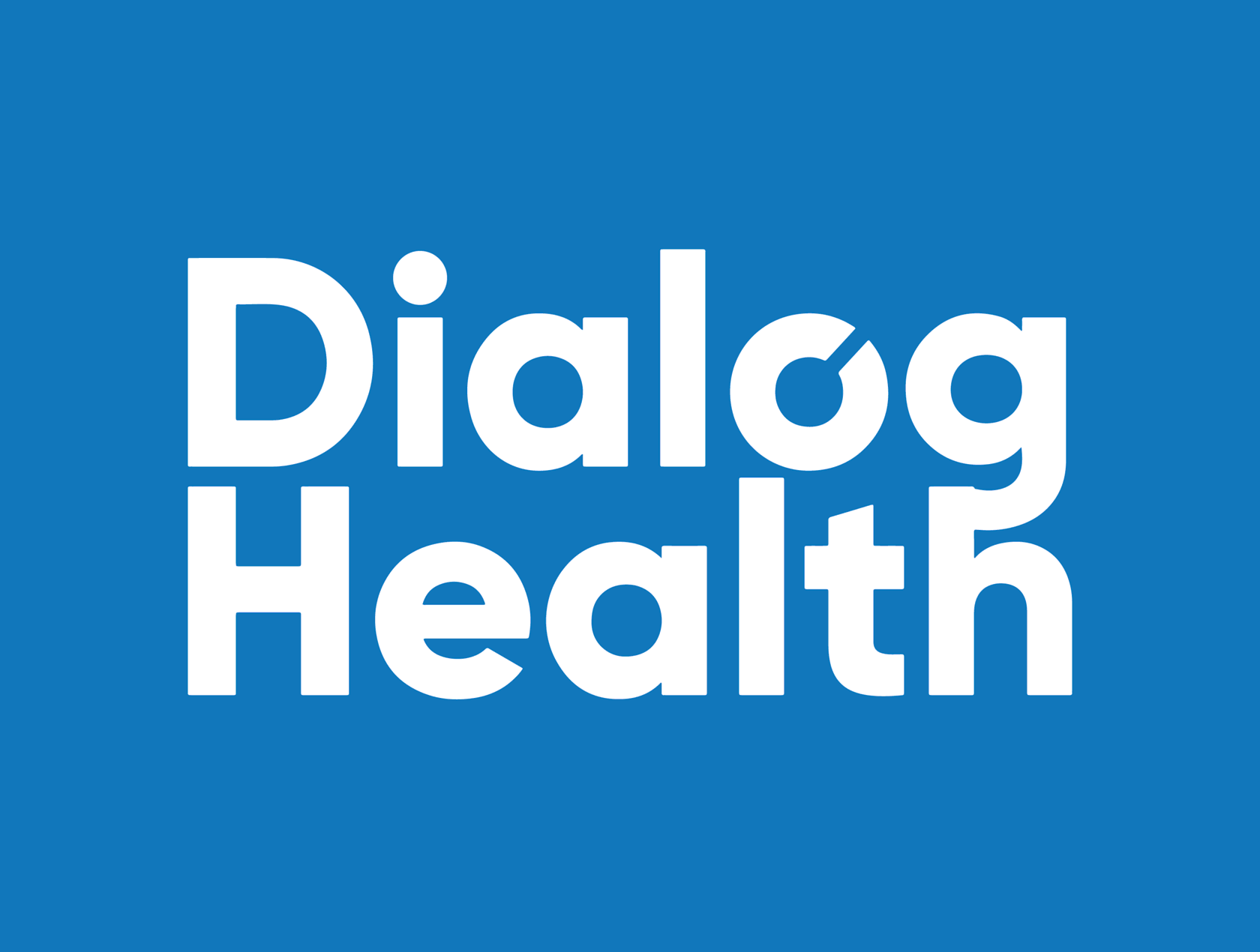CONFERECE ONLINE
Sharing international best practices for residential living units housing autistic adults in very complex situations
- Online
- Healthcare
- 80 participants
- April 2022
On April 29, 2022, more than 80 French professionals from the health and social care sector participated in a web training session dedicated to residential units for adults with autism in very complex situations. Participants from supervisory authorities, associations and service providers had the opportunity to exchange with colleagues from Quebec and Germany on the organization and operation of residential units for people with severe behavioral disorders.
Commitment 4 of the French 2021 strategy dedicated to autism and neurodevelopmental disorders makes maintaining full citizenship for adults a priority, in particular through the creation of residential units for autistic adults with very complex profiles. "The current support systems for autistic adults with very complex profiles (with other neurodevelopmental disorders or co-morbidities) are currently failing: the support methods are often unsuitable and sometimes abusive. It is necessary to propose sustainable living spaces focused on the well-being of these autistic adults in very complex situations. "
Julie Bouchard, from the SQETGC (Service québécois d'expertise en troubles graves du comportement) presented the mission of this exceptional service: to develop and disseminate care expertise in severe behavioral disorders. The objective of the service is to help institutions reduce the serious behavioral disorders of their users, but also the impacts of these behaviors on users and their families, on staff, care teams and the entire network of providers. Julie presented the different resources available in French on the SQETGC website (a rare resource in the French-speaking health and social assistance systems) and their potential to build and operate a residential living unit for adults with autism in very complex situations.
Sean Stirrup and his team presented the Guimont residential complex, a housing structure dedicated to people with severe behavioral disorders that has participated in the deinstitutionalization strategy in Montreal. It is a residential setting that offers rehabilitation services to 29 users with intellectual disabilities and/or autism spectrum disorders and severe behavioral problems. The services offered are episodic (short and medium term).
Finally, the participants were able to exchange with Silke Schmidt thanks to an interpreter who simultaneously translated her words from German to French. Silke leads the leben lernen project of the Johannesstift Evangelical Foundation, a project that started in 1992 as part of the dehospitalization/deinstitutionalization of the users of the Königin Elisabeth Herzberge psychiatric hospital (Berlin). The users now reside in apartments with 6 to 8 roommates, although they require a high level of support due to severe cognitive impairments, multiple and complex disabilities, other neurological and psychiatric illnesses, physical and sensory disabilities, provocative behaviors (self-injury/mutilation of others), impaired communication (non-verbal, usually at the basal level), and an experience of abandonment (especially related to frequent moves and structural changes).
The replay of the exchanges and the presentations are available on our website e-journeys
Julie Bouchard, from the SQETGC (Service québécois d'expertise en troubles graves du comportement) presented the mission of this exceptional service: to develop and disseminate care expertise in severe behavioral disorders. The objective of the service is to help institutions reduce the serious behavioral disorders of their users, but also the impacts of these behaviors on users and their families, on staff, care teams and the entire network of providers. Julie presented the different resources available in French on the SQETGC website (a rare resource in the French-speaking health and social assistance systems) and their potential to build and operate a residential living unit for adults with autism in very complex situations.
Sean Stirrup and his team presented the Guimont residential complex, a housing structure dedicated to people with severe behavioral disorders that has participated in the deinstitutionalization strategy in Montreal. It is a residential setting that offers rehabilitation services to 29 users with intellectual disabilities and/or autism spectrum disorders and severe behavioral problems. The services offered are episodic (short and medium term).
Finally, the participants were able to exchange with Silke Schmidt thanks to an interpreter who simultaneously translated her words from German to French. Silke leads the leben lernen project of the Johannesstift Evangelical Foundation, a project that started in 1992 as part of the dehospitalization/deinstitutionalization of the users of the Königin Elisabeth Herzberge psychiatric hospital (Berlin). The users now reside in apartments with 6 to 8 roommates, although they require a high level of support due to severe cognitive impairments, multiple and complex disabilities, other neurological and psychiatric illnesses, physical and sensory disabilities, provocative behaviors (self-injury/mutilation of others), impaired communication (non-verbal, usually at the basal level), and an experience of abandonment (especially related to frequent moves and structural changes).
The replay of the exchanges and the presentations are available on our website e-journeys
Previous study missions

